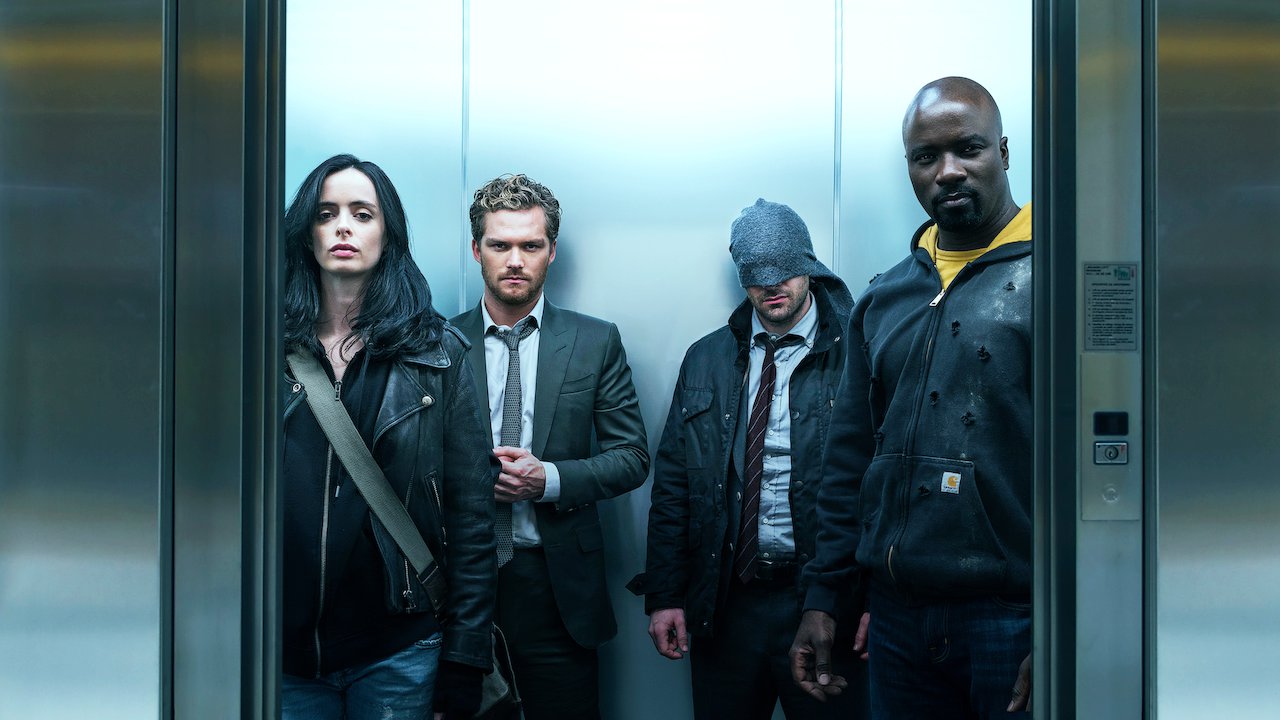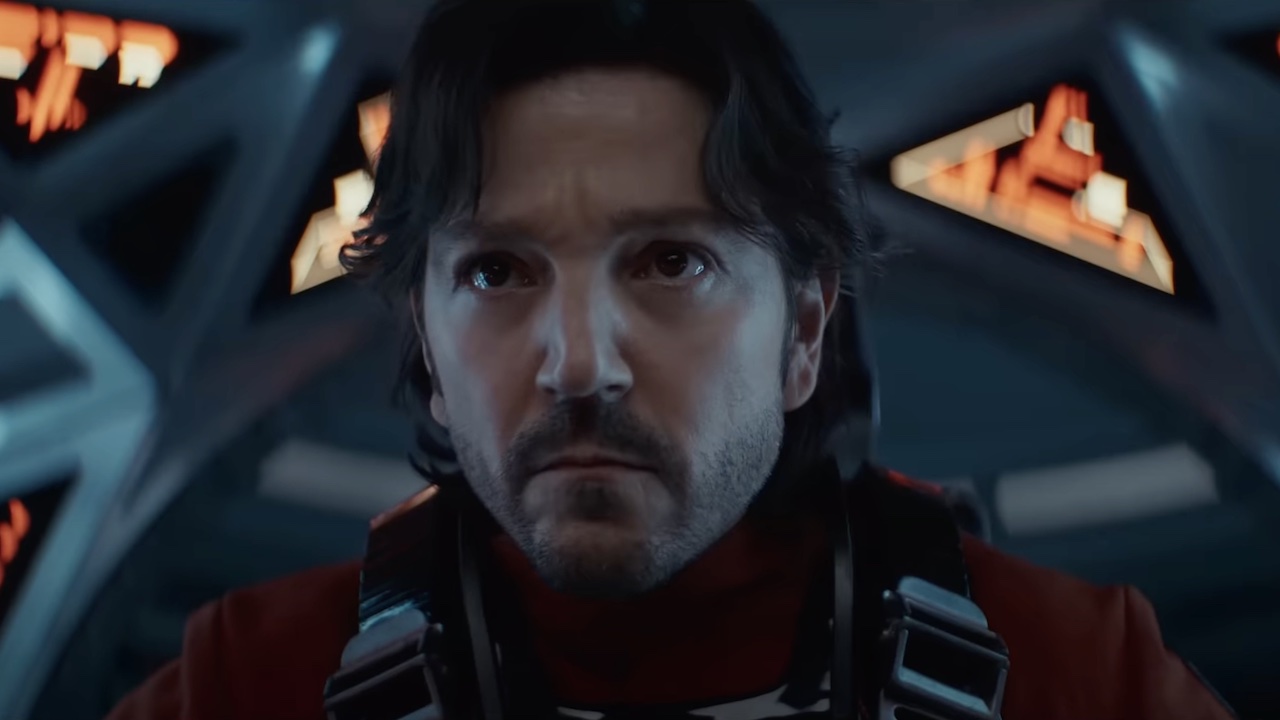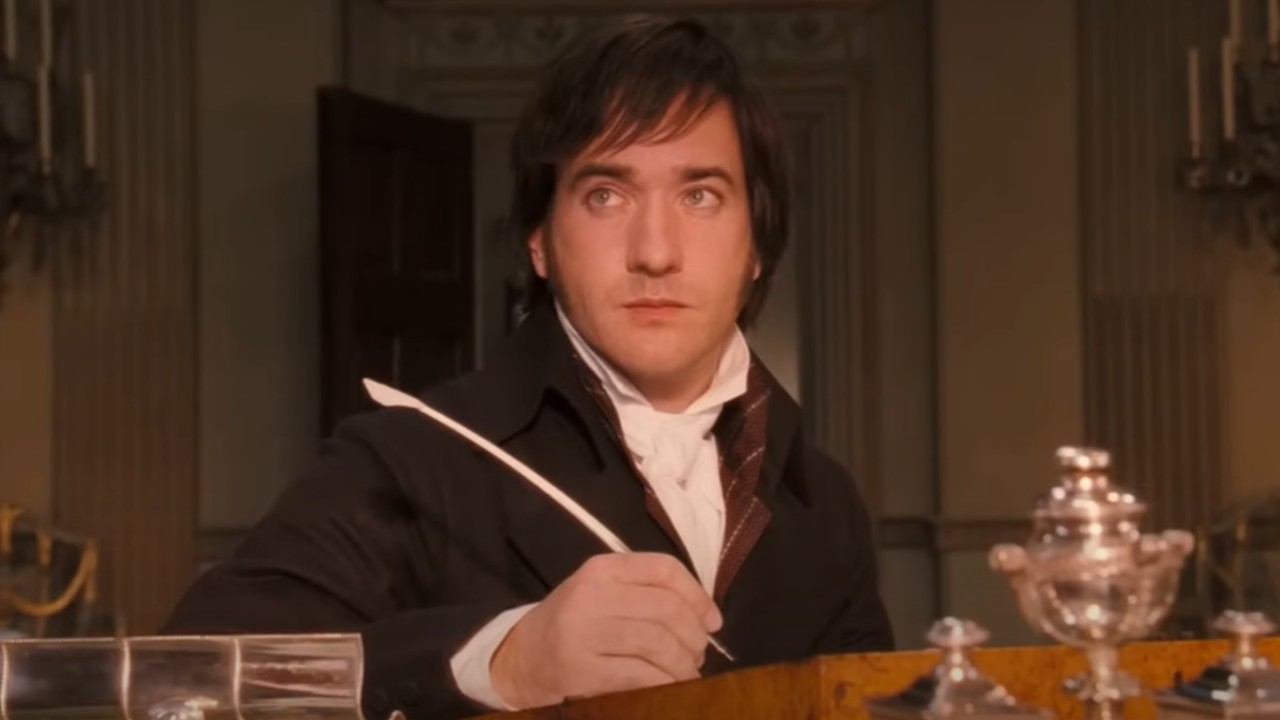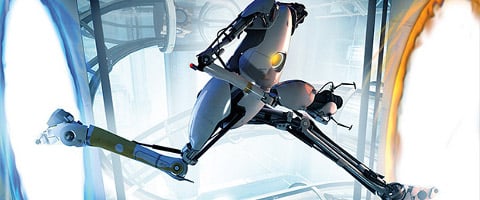
"Great but too short." That was the general opinion of Portal, a four-hour first-person puzzle game included with the Half-Life 2 Orange Box. Its small size was forgiven due to its innovation and the fact that it was bundled with two other full games. Portal 2 is a full-price game, though, and that brings greater expectations. Will the game be big enough to justify the price tag? Will the premise wear thin over a longer campaign?
Portal 2's single-player campaign returns to the labyrinthine Aperture Science facility, an underground complex lorded over by an insane A.I. named GLaDOS. The main character, Chell, is perhaps the only surviving human in the facility. As was the case in the first game, GLaDOS forces Chell to traverse a series of obstacle courses. Portal 2's campaign eventually moves beyond those sparkling new test chambers, though. Chell will travel through the darkest depths of the facility and discover the origins of Aperture Science in the process. It's an experience similar to traveling through Rapture in BioShock; it's a fascinating world that you want to study every inch of.
Though GLaDOS has been quoted non-stop by gamers since Portal's release, the character hasn't grown tired yet. Her barely restrained hostility toward Chell and teenage girl immaturity in spite of her god-like intelligence is still fertile soil for comedy. Just to make sure you don't get sick of her, Valve introduces two new characters that are equally funny. Stephen Merchant (co-creator of The Office and Extras) plays an incompetent personality sphere named Wheatley that accompanies you through segments of the game. J.K. Simmons (the dad in Juno, Jonah Jameson in Spider-Man) voices Cave Johnson, the brash CEO of Aperture Science whose tape recorded messages play as you navigate the older sections of the facility. These two characters have about as many laugh out loud moments as GLaDOS and make Portal 2 easily one of the funniest games ever made.
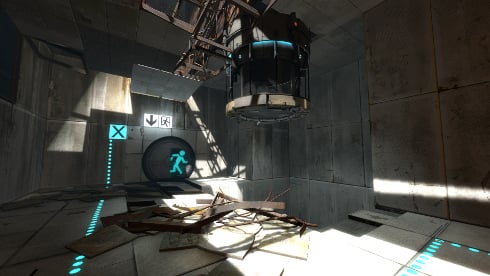
The gameplay stays fresh throughout the campaign as well. If you haven't played Portal, you'll be brought up to speed quickly. The first quarter or so of Portal 2 covers all the game mechanics from the first game. You'll learn about the Portal gun, a weapon that lets you place two linked portals on flat white surfaces. Then you'll be introduced to switches, cubes, turrets, and so on. Throughout the vast majority of the game though, you'll be experiencing all new mechanics. Some of the new Aperture creations you'll encounter are springboards, laser walkways, and gel. Yes, gel. Blue gel will turn a surface into a trampoline, orange will make it a speed boost, and white will enable you to place a portal there. All of these new elements give Valve - and the amateur building community - the ability to make puzzles far more complex than anything from the first game.
The pacing of the game is excellent. Toward the end, Portal 2 is far more difficult than the first game but you'll be adequately trained for these challenges. The designers introduce new obstacles or devices in very simple levels before then mixing them in with previously introduced elements in more complicated levels. You're constantly encountering new gameplay mechanics up until the climax, a test of all the skills you developed up until that point.
In spite of what the angry user reviews on Metacritic say, Portal 2's campaign isn't as short as its predecessor's. If you managed to finish the game in four hours, I encourage you to use your cyborg brain on more worthy endeavors like perfecting cold fusion. The campaign took me about seven hours to play through. You could potentially spend more time on that by looking for the many Easter eggs scattered throughout Aperture Science. There are also, of course, loads of Achievements/Trophies to be won.
The single-player campaign is really only half the game, anyway. Once you've finished that, there's a completely different co-op campaign for you to tackle. You and a friend (via split-screen or online) play as the robots Atlas and P-Body and perform a series of trials together under the watchful gaze of GLaDOS.
CINEMABLEND NEWSLETTER
Your Daily Blend of Entertainment News
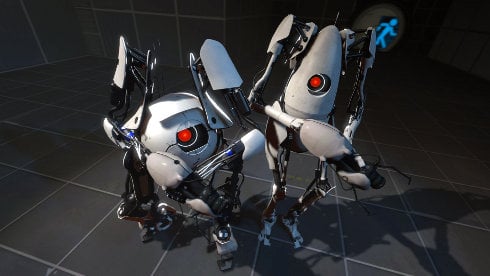
Portal 2's co-op is much more demanding than cooperative modes in, say, a first-person shooter. You're being asked to work in tandem to solve pretty complicated tests. You really need both players using headsets, or, in the case of the PC version, text chat. You're given a menu of non-verbal gestures so you can, for example, direct a player to place a portal on this surface or count down from three. These are helpful supplements to chat rather than replacements, though. You really need to be able to talk so you can hash out strategies. On top of that, you need a partner who isn't an idiot. I was lucky with matchmaking but I don't doubt there are plenty of impatient or peevish or otherwise unpleasant players out there. I'd strongly recommend playing with a friend rather than subjecting yourself to the crapshoot. Bad luck with partners could really sour you on this mode and that would be really unfortunate.
Co-op is simply a blast with a good partner. It's a much more social experience than most two-player modes out there. Because you need to talk out strategies so much, you'll often end up just shooting the shit. You'll kill each other or yourself often, sure, but you respawn instantly at the start so you and your partner will get good laughs out of your missteps. Also, solving a puzzle is a lot more satisfying when you've got someone with you to compliment you on your strategies and high-five you. One of the gestures you can perform is a hug and you'll be surprised how often you'll be compelled to use it.
Portal 2 succeeds in a way that few sequels do. It easily vaults over the high bar set by its predecessor. The single-player campaign is hilarious and exciting all the way through. The co-op's just overkill, frankly. It offers up hours of extra entertainment and is one of the most engaging cooperative experiences ever seen. What else can you ask of Valve?
Players: 1-2
Platform(s): PS3 (reviewed), Xbox 360, PC (reviewed), Mac
Developer: Valve Corporation
Publisher: Valve Corporation
ESRB: Everyone
Rating:

Staff Writer at CinemaBlend.
Like Nicole Kidman Before Her, This Is Us' Chrissy Metz Gets Candid About Why She Left Hollywood For Tennessee
One Of Harrison Ford's Best Movies Came Out 40 Years Ago, And No One Talks About It Anymore
WWE Fans Are Not Happy Campers About One Match Being Left Off The WrestleMania 41 Card, And I Couldn’t Agree More






